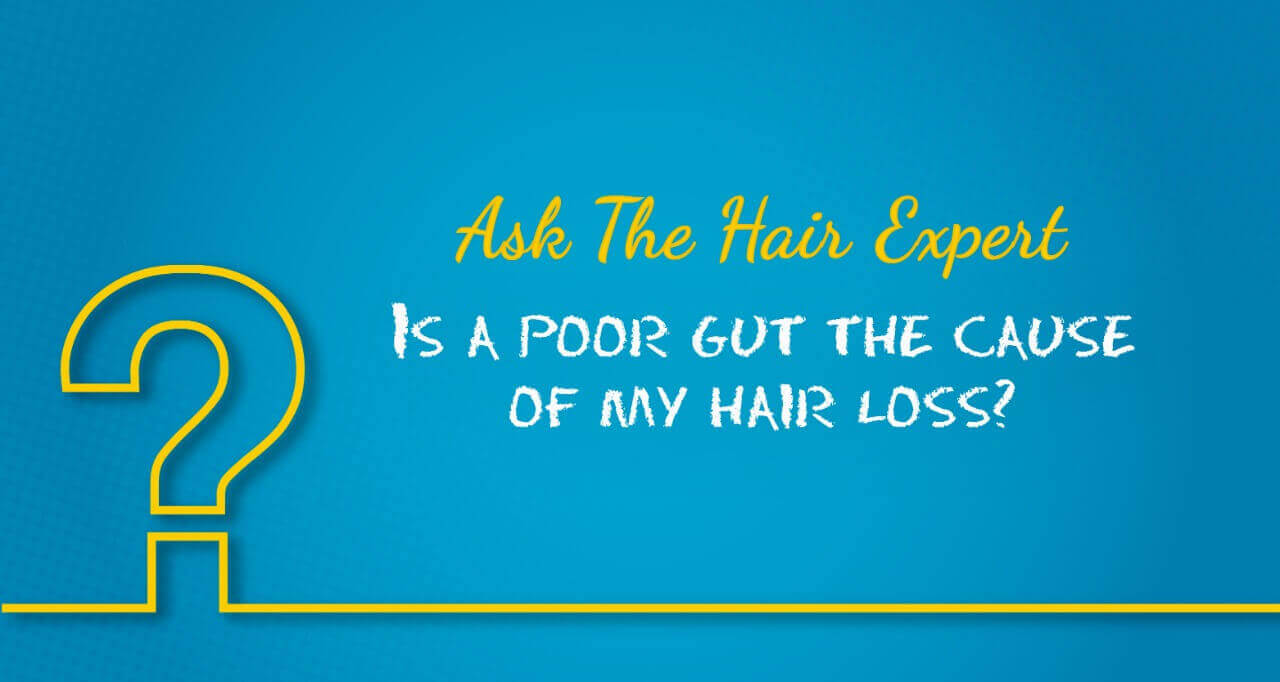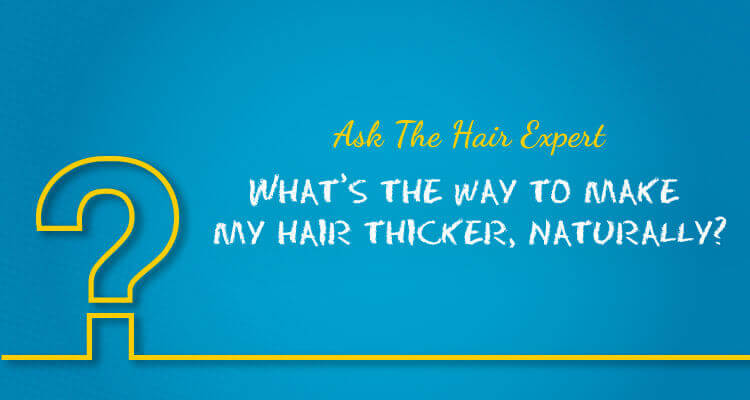Oiling. Shampooing. Conditioning. The three most important cornerstones of hair care. And it all starts with OILING.
While you may follow these primary steps to hair hygiene and care, one way or the other – wrong practices while oiling, washing, combing and drying the hair are the main reasons why you spot those fallen strands in your shower, on your towel, on your comb or hair accessories.
In our experience, we have noticed that while most people do shampoo and condition their hair (and some even go to the length of using hair serums, packs and gels), the first step of oiling is often skipped. Simple changes and corrections on this front alone can make a big impact on your hair’s health. Further different types of hair and scalp conditions need different oiling routine.
Oiling is one of the most time-tested steps in hair care and something that should never go out of fashion! But unfortunately, it seems to be falling out of fad these days. This is mainly because of some wrong notions about oiling. And all the fancy hair products in the market is perhaps making you forget grandma’s recipe to great hair – hair oil!
Why is oiling needed when I condition/use hair serum on my hair anyhow? Doesn’t oiling make my hair and scalp greasy? What purpose does oiling serve? How frequently should I oil my hair?
These are some questions which keep coming up during our discussions with patients at the clinic and also on our online forums. So here we are, once again, with our ‘Ask the Hair Expert’ series; this time to address your queries on oiling, to help understand how oiling works and how it is such a significant step in your hair care routine. And as always, apart from addressing your immediate queries, we will also recommend tips to manage your hair, to keep it problem-free.
You asked: “Why do I need to oil my hair? How does my hair or scalp benefit from oiling? How frequently do I need to oil my hair? What kind of hair oil should I use?”
Here’s the answer from the Hair Experts.
Oiling is a MUST in your hair care routine. It hydrates and nourishes your hair and scalp. And no, there isn’t any substitute for it! Each step in the hair care routine serves a specific purpose!
A trip to your Trichologist’s clinic will help you understand what kind of oiling+washing+conditioning routine you need for your particular hair and scalp condition.
Traditionally, oiling hair and massaging the scalp has been linked to multiple benefits; from stopping hair fall, to preventing dandruff and promoting hair growth. While we get ready to delve into this topic, it is important to understand that oiling is NOT a blanket solution to ALL your hair problems. Oiling has its benefits and we will explain it all. But how much oiling you need, and even what kind of hair oil you should use, is something only your Trichologist can answer right for you.
Why should you oil your hair?
The primary purpose of oiling is as a prerequisite to condition the scalp. An oil massage also increases hair growth by stimulating the hair follicles and improving blood circulation to the scalp.
It can also increase the tensile strength of the hair, reduce frizziness, prevent breakage and make it overall more manageable. Applying oil on a regular basis can enhance lubrication of the shaft and help prevent hair breakage.
Oils have fatty acids in them that help replace the lost lipids in your hair. Lipids play a crucial role in keeping hair healthy, influencing shine, feel, manageability, and strength. Lipid loss is often a trigger to hair problems. This loss can occur due to multiple factors, internal and external. Chemical treatments, frequent heat styling, pollution and UV exposure are some contributing factors here. Oiling hair regularly helps combat this concern.
Further, oiling plays an important role in protecting hair from damage. The oiling that you do can fill the gap between the cuticle cells and prevent the penetration of aggressive substances such as surfactants into the follicle. Oil acts as a sealant, sealing the cuticles, protecting it and rendering hair that is healthy, soft and shiny.
Sounds too technical? Here’s a simple list of benefits of oiling regularly, that you can easily identify with!
- Moisturizes hair & scalp
- Nourishes the roots and hair well
- Accelerates hair growth by improving blood supply to roots
- Helps keep the scalp cool
- Strengthens the hair follicles
- Protects hair from UV exposure
- Treats split ends
- Restores hair’s lost lustre
- Adds volume and bounce to hair texture
- Prevents dandruff
- Reduces the risk of lice and nits
- Helps prevent scalp infections
- Reduces hair fall
- Improves dry scalp
- Prevents premature greying of hair
- A relaxing stress-busting process you should indulge in!
Some oils that your hair can benefit from…
There are a great many natural oils that your hair can benefit from. Now adding to the traditionally available ones, you have fancy oils and mixes in the market, that promise much magic!
We will list out the basic natural oils which yield proven results when used right.
Coconut Oil
The most basic natural oil that’s available in every household, coconut oil is truly a wonder oil! It is your original grandma recipe for hair and skincare! The vitamins and essential fatty acids naturally found in coconut oil nourish the scalp. Further, it helps remove excess sebum build-up in your hair follicles. It protects your hair against the harsh rays of the sun and avoids dryness.
It also has the potential to reduce protein loss in both undamaged and damaged hair. This oil, being a triglyceride of lauric acid (principal fatty acid), has a high affinity for hair proteins and because of its low molecular weight and straight linear chain, is able to penetrate well inside the hair shaft. Coconut oil is a key ingredient for hair masks that are much needed to deep condition your hair and provide it natural protection.
Jaborandi Oil
Jaborandi is a herbal plant from the Amazonian tropical forests, known to solve many hair problems. Jaborandi oil helps in hair growth, nourishes a dry scalp, helps prevent premature greying of hair, keeps split ends at bay, removes and prevents dandruff and effectively moisturizes your hair. Massaging the oil on your scalp and hair, from the root to tip, provides the required nutrition to your hair follicles, thereby keeping it hydrated, shiny and bouncy. Jaborandi is an active ingredient used in many shampoos, gels and hair tonics in the market today.
Argan Oil
Often called ‘liquid gold’, Argan oil is organically extracted from the kernels of the Argan tree which is native to Morocco. It is exceptionally rich in Vitamin E. This apart it has Vitamin A and C, tocopherols and polyphenols, powerful antioxidants, linoleic acid and omega-6 fatty acids. It is hence a great conditioner and strengthener. It hydrates and helps nourish the hair cuticle from within, infusing the scalp and hair with vitamins, antioxidants, essential fatty acids that soothe, protect a dry and aggravated scalp. It is known to tame frizz, make hair softer and manageable. It also smooths frayed hair shafts and seals split ends.
Brahmi Oil
Brahmi is a traditional Indian herb known to be an Ayurvedic remedy for hair problems. It offers several benefits – Moisturizes hair, nourishes the roots well, accelerates hair growth by thickening the roots, helps keep the scalp cool, strengthens the hair follicles, treats split ends, restores lost lustre, adds volume and bounce to hair texture, prevents dandruff and reduces hair fall. It is known to effectively soothe affected scalp, reduce itchiness and scaling. It also has anti-inflammatory, anti-bacterial and anti-fungal properties. It is key to a healthy scalp.
Almond Oil
Almond Oil is rich in Vitamin E, B, K, Omega-3 fatty acids, phospholipids, and magnesium. It is known to help combat scalp infections that are caused due to excessive sweating, grease and pollution. It is also very effective in treating dandruff. It is a great hair cleanser, keeps hair healthy, facilitating active hair growth. Almond oil is helpful in making hair stronger and less prone to breakage, split ends. The essential fatty acids in almond oil make it a great moisturiser for not just the scalp but also the hair shaft. It’s hence especially great for dry hair.
Gingelly/Sesame Oil
This is another oil that is traditionally associated with hair care. It is spoken highly of in Ayurveda as a remedy to baldness, premature greying and even headaches! In certain communities, traditionally, it is this oil that is used as a pre-wash conditioner. It is rich in Vitamin E, B complex, minerals such as magnesium, calcium, phosphorus and protein that strengthens the hair from the roots, deeply nourishing and hydrating it. It is known to help stimulate hair growth and combat hair loss.
Olive Oil
Many traditional home remedies for hair loss are made using this oil. It has deep penetrative properties, helping it seep into the scalp, providing it with the nourishment the hair needs from within. Olive oil is rich in Vitamins B12, B6, B3, Vitamin K as well as Vitamin E. It is known to help reduce scalp irritation and dandruff. It also helps decrease hair friction, tangles and minimizes frizz. Olive oil is most suitable for people with dry and coarse hair.
Some other essential oils for good hair health…
Essential oils extracted from lavender, thyme, and rosemary can prevent hair thinning and balding. Eucalyptus, Grape Seed and Rosemary are extremely effective in dandruff control & scalp toning.
Vitis vinifera (Grape) Seed Oil, Rosmarinus officinalis (Rosemary) Oil, Cedrus Atlantica (CedarWood) Oil, Lavender Oil are some that are effective in fighting hair loss.
Eucalyptus Oil has a number of antifungal properties that help ward off dandruff and keep residue from building up and clogging pores on the head. It also promotes growth and strength, as well as improves shine, thickness, and overall hair health.
Dandruff and other dermatological conditions caused by a dry, flaky scalp can be treated with Grape Seed oil, which is full of emollients and nutrients that can help nurture the growth of healthy skin cells.
Rosemary Oil is again the perfect remedy for treating dry scalp and dandruff problem. The disinfecting and detoxifying attributes of the oil along with its revitalizing qualities improve such a condition with care. It hydrates the scalp effectively while removing the flakes successfully.
Amla oil is a natural oil that contains extracts from the Indian gooseberry (Phyllanthus emblica). It helps stimulate hair growth, reduce hair loss, and reduce premature pigment loss from hair.
Tea tree oil, also known as melaleuca oil, is an essential oil distilled from the leaves of the native Australian plant Melaleuca alternifolia. It is known to help unclog hair follicles and nourish your roots. It is also used extensively in many hair products.
Jojoba Oil is rich in vitamins and minerals that nourish hair, including vitamin C, B vitamins, vitamin E, copper, and zinc. Jojoba, however, does not penetrate the hair strand, say like coconut oil. It hence doesn’t moisturize as much but rather coats the cuticle, making it a good sealant.
Simply take any oil like olive, coconut and add few drops of lavender, thyme, and rosemary and massage your scalp. This is great and relaxing, and your hair will be rejuvenated!
What’s the right way to oil?
The oil that you use and the way you apply it can deliver specific benefits to you. Oiling before wash helps in forming a protective shield around your hair. It helps in reducing the wear and tear that happens during hair wash. This protective oil shield adds shine, moisture, helps prevent split ends and breakage.
Here are some tips to apply oil the right way.
- Use normal or lukewarm oil on your scalp and hair. This will help it spread easily and effectively. Do not use hot oil.
- Do not pour the oil directly on your scalp. Take some in your hands, on your fingertips, and gently apply on the scalp.
- Massage your scalp using your fingertips, in a circular motion giving pressure points. Do not rub hard with your palms.
- Apply oil to the scalp, roots, and length of the hair.
- Do massage for 15 minutes for effective stimulation.
- Do NOT comb after oiling.
- If you wish, you can steam wrap your hair in a warm towel, to help with better absorption. We do not recommend hot steam, however.
- Leave your oil for 4 – 24hrs. Not lesser. Not beyond. Ideally, leave the oil overnight and wash the next morning.
- Oil your hair twice a week, ideally. This, however, would be best suggested by a trichologist. Each hair type, each scalp condition needs a specific oiling routine.
- Wash hair with tepid water. Do read our blog on the right way to wash and condition your hair!
How can a Trichologist help?
Some hair types need frequent oiling. Some need once in two weeks! Oily hair needs less. Curly hair needs more. Dry hair needs even more. You need to figure out your hair type and plan your routine according to your hair’s requirements. The frequency with which you oil your hair depends on the kind of hair you have.
This apart, there are certain scalp conditions that may need to you keep away from oiling or a particular kind of oil. If you are suffering from any hair health ailment, then your care routine needs to be clinically prescribed. This is not something that you can check and judge on your own. You need a professional, a trichologist, to guide you on it.
Trichologist will diagnose your hair & scalp condition, identify your hair type and give you valuable inputs on the kind of hair care you need. And which oil you should use! Trichologists understand all that fine print on your hair products packaging and can put it across to you in simple terms! He/she is the right person to guide you on the right product and its usage.
Apart from guidance on hair products, through the diagnosis, he/she will also let you know if any specific care is to be taken and if any tricho treatment is needed if the hair is already considerably damaged. It could be a topical treatment, basic hair fall treatments, rejuvenating therapies etc., all depending on your hair’s need. Remember, no one solution fits all! So a Trichologist’s prescription is always personalised, for you.
Do visit a reputed clinic to meet a trichologist. Have an open discussion on your concerns, your expectations and put your queries and worries to a logical end. Get professional guidance on what’s good for your hair.
We trust that your questions have been addressed! Do reach out to us at any point with your doubts or concerns. We are just a call away to help you figure your hair queries out!
Do read our hair care blogs that give you very simple tips to care for your hair on a daily basis, and for all things ‘Hair’, do follow our blogs on hair loss, treatments & solutions, and interesting hair trivia!
Connect with us on social media on the links below. Please leave your questions & comments, and we will address them all, just as we have done today!



